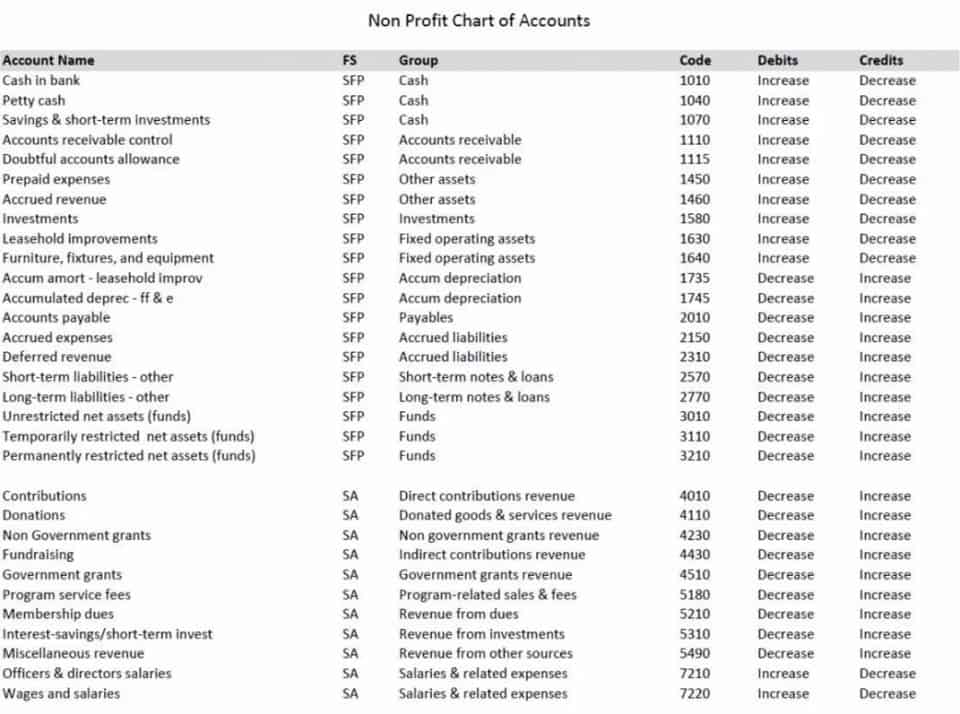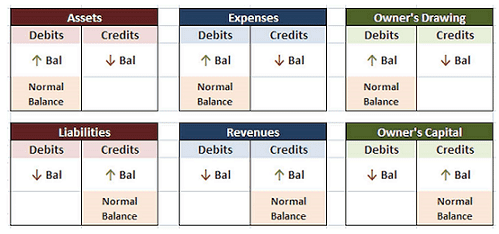What Is Overtime Pay? HR Glossary

Employees who report violations of overtime pay laws are protected under whistleblower protections. This means that if you report your employer for not complying with overtime regulations, you cannot be legally retaliated against, fired, or discriminated against for speaking up. Understanding your rights regarding overtime pay is essential for ensuring fair treatment in the workplace. Employees have several protections under the law that help safeguard their rights to proper compensation for overtime work. Keeping meticulous records can help protect employers in the event of audits or disputes over overtime pay.
Did the No Tax on Overtime Bill pass already?
Your overtime will always be determined by the law that benefits you the most. The proliferation of artificial intelligence in the workplace, and the ensuing expected increase in productivity and efficiency, could help usher in the four-day https://www.bookstime.com/articles/cost-control workweek, some experts predict. The FLSA applies to employees working in any U.S. state, the District of Columbia, or any U.S. territory or possession. Employees who work for certain businesses or organizations (enterprises) are covered by the FLSA. Employers should also inform employees about the process for requesting overtime, the expectations around advance notice, and any limitations that may apply. Ensuring that employees feel informed and supported contributes to a more engaged and satisfied workforce.
What was included in the House spending bill?

These examples demonstrate how various factors, such as hourly vs. salaried positions, shift work, and commission-based pay, can influence overtime calculations. Being aware of these scenarios can help both employees and employers better understand their rights and responsibilities regarding overtime pay. Calculating overtime pay accurately is essential for ensuring that employees are compensated fairly for their extra work hours.

🗂️ Your employee record, secured.
- Many industries experience seasonal fluctuations in workload, leading to variations in hours worked by employees.
- It’s also a chance to rethink compensation strategies in 2025 once we have the No Tax on Overtime Bill pass date.
- Leia mais below to learn more about double pay, the rules surrounding it, how it can be considered as an efficient compensation planning strategy, and most importantly, the different scenarios that can take place state by state.
- Not only would this satisfy broad public support for a shorter work week, but it would also help workers with care responsibilities.
- Additionally, discussing the impact of overtime on work-life balance can foster a positive workplace culture and prevent burnout.
- As a result, failure to comply with the FLSA could cost 200% more than just paying the overtime in the first place.
Certain categories of employees are covered under the FLSA, while others are exempt. The law requires employers to classify their employees correctly and trial balance ensure compliance with both wage and hour provisions. Violations of the FLSA can lead to hefty penalties, including back pay and fines.

Different Types of Compensation Plans & Benefits
- Nationally, only approximately 6 percent of employed individuals reported that they typically worked overtime in 2024.
- Overtime pay refers to the additional compensation that employees receive for working more than a designated number of hours in a workweek.
- The Federal government’s minimum standard is one and a half times the regular pay rate for non-exempt employees who work over 40 hours per week.
- This policy outlines the guidelines for the approval, compensation, and tracking of overtime hours worked by employees at Company Name.
- That said, most companies only consider paying their employee double time hours if they go past 50 hours of work.
As you navigate the world of overtime pay, remember that knowledge is your best ally. Whether you’re tracking your hours as an employee or managing payroll as an employer, staying informed about your rights and responsibilities can help prevent misunderstandings and disputes. The landscape of work is continually evolving, and being proactive about overtime issues can lead to a healthier work environment for everyone involved. By prioritizing fair compensation and mutual understanding, both employees and employers can thrive together, ensuring a harmonious and motivated workplace. By being aware of these common overtime scenarios, both employees and how much is overtime pay employers can work together to navigate the complexities of overtime pay, ensuring fair treatment and compliance with labor laws.
Full Array of Republican Tax Cuts Could Add $9 Trillion to the National Debt
- Stay up to date with the latest HR news, trends, and expert advice each business day.
- If the employee works over 40 hours per week but is still below 50, then they will receive overtime compensation instead.
- The regular rate of pay cannot be less than the minimum wage and includes all remuneration for employment except certain payments excluded by regulation.
- The Trump Administration’s tax proposals have not passed and do not impact your 2024 taxes that you file this year.
- Determining the right compensation metrics to track is a vital step towards fair and equitable compensation.
Familiarizing yourself with these common scenarios can help you navigate the complexities of overtime pay. These protections encourage employees to report violations without fear of losing their jobs or facing other negative consequences. If you experience any form of retaliation after reporting a pay issue, it is essential to document the incident and seek legal advice immediately.


Payroll records must be maintained for at least three years, and records on which wage computations are based, such as timecards, must be retained for two years. Overtime compensation must be paid on the regular payday for the period in which such workweek ends or as soon as practicable after the regular pay period if the correct payment amount cannot be determined immediately. Many industries experience seasonal fluctuations in workload, leading to variations in hours worked by employees. For example, retail businesses may require employees to work overtime during busy holiday seasons, while agricultural workers might see extended hours during harvest times.